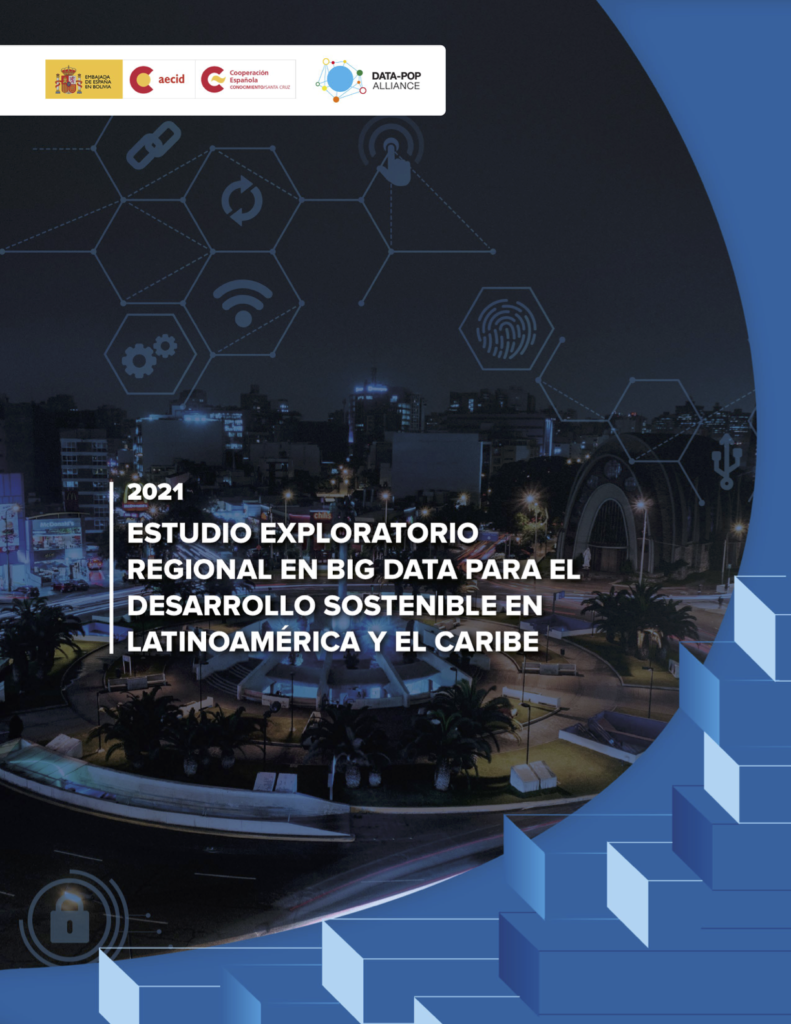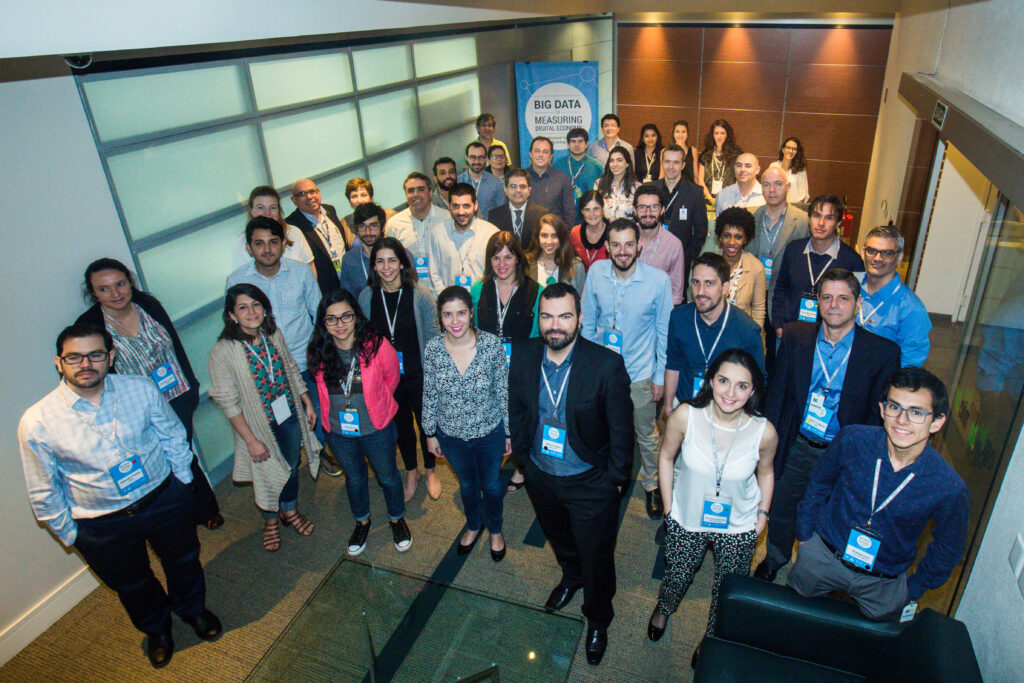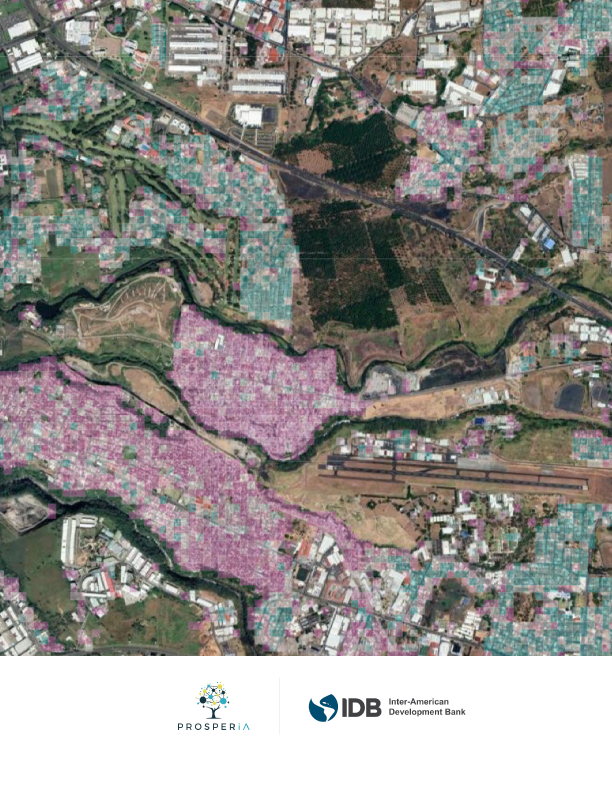Dominican Republic
10.9
Population 2022 (Millions)
0.77
HDI Score
2021 (Max. 1)
72.1
SDG Score
2023
(Max. 100)
0.43
Gender Inequality
Index Score
(Max. 1)
55
Internet Inclusivity
Index 2022
(100 countries)
Overview
Projects

- Bolivia, Dominican Republic, El Salvador, Guatemala, Latin America and the Caribbean (LAC), Peru
- January 2020 - March 2023
- AI and Statistics for the SDGs
- Partner(s): Agencia Española de Cooperación Internacional para el Desarrollo (AECID) (Funder), Centro de Formación de la Cooperación Española en Santa Cruz, Bolivia
This project developed with the support of the Spanish Agency for International Development Cooperation (AECID), strengthened the technical capacities of government officials in Latin America and the Caribbean to take advantage of Big Data for sustainable development and official statistics. During the first phase of the project, through an exploratory study (see Publication below), we analyzed the current state of the infrastructure, institutional framework, regulatory framework, capacities and use cases of Big Data for the generation of public policies in 5 LAC countries: Bolivia, Dominican Republic, El Salvador, Guatemala and Peru.
The second phase focused on developing four capacity building workshops between June 2022 and March 2023.
- Introduction to Big Data for Sustainable Development
- Big Data and Poverty Analysis for Sustainable Development
- Big Data and Health Analysis for Sustainable Development
- Big Data, Security and Violence for Sustainable Development
This training itinerary provided participants with a comprehensive knowledge of the key concepts, the necessary tools and the main challenges of Big Data for sustainable development, with a special emphasis on the applicability of these data sources for statistical purposes.

- Brazil, Chile, Colombia, Dominican Republic, Latin America and the Caribbean (LAC), Mexico
- 2016 - 2019
- AI and Statistics for the SDGs
- Partner(s): Cetic.br, DANE, Mexico's National Digital Strategy Program, MIT Sloan School of Management, United Nations Economic Commission for Latin America and the Caribbean (ECLAC) (Funder)
In partnership with the United Nations Economic Commission for Latin America and the Caribbean (ECLAC), DPA offered a series of workshops focused on “Big Data and the Digital Economy” in the Latin American and Caribbean region. These workshops were designed for development practitioners, policymakers, and researchers. Five editions were delivered in: Santiago de Chile (March 2016), São Paulo (September 2017) —in partnership with Cetic.br—, Mexico City (October 2017) —in collaboration with the National Digital Strategy (EDN) program and the MIT Sloan School of Management—, Santo Domingo (April 2019), and Bogotá (May 2019) —in partnership with DANE.

- Colombia, Dominican Republic, Honduras, Latin America and the Caribbean (LAC), Uruguay
- March 2022 - December 2023
- Resilient Livelihoods and Ecosystems
- Partner(s): Inter-American Development Bank (Funder), Prosperia (Lead)
